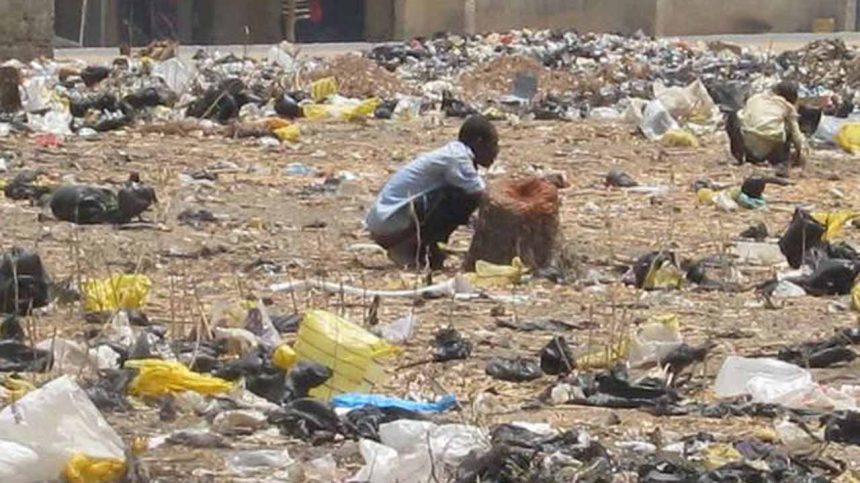The World Bank has warned that Africa is losing as much as $200 billion every year because of poor sanitation, saying the continent’s economy could grow by up to five per cent if governments invest more in clean water and sanitation services.
This was revealed in a new report released on Tuesday titled The Global Sanitation Crisis: Pathways for Urgent Action.
According to the Bank, almost two out of every five people worldwide do not have access to safe sanitation, exposing millions to preventable diseases like cholera, diarrhoea, and typhoid. The report noted that about 3.5 billion people still live without safe sanitation facilities.
“There is a global sanitation crisis with nearly 2 out of 5 people across the world lacking access to safe sanitation. In low- and middle-income countries, one third of urban residents face a ‘triple burden’ of inadequate sanitation, poverty, and climate risks—leaving them especially vulnerable to disease, water scarcity, disasters, and economic hardship,” the report stated.
It explained that poor sanitation not only causes diseases but also limits productivity as children miss school and adults are kept away from work. The World Health Organisation has repeatedly linked unsafe sanitation to deaths among children under five and reduced national growth.
The World Bank said investment in sanitation is one of the smartest economic choices, stressing that every one dollar spent could return seven dollars in economic benefits for Africa.
“Investment in water supply and sanitation yields significant returns. Every US$1 spent in Africa returns US$7 – adequate funding in the sector could boost the GDP by 5 per cent, resulting in an annual economic gain of US$200 billion in Africa alone,” the Bank said.
The report also linked sanitation to education, citing India and Brazil as examples where school enrollment increased when students had access to clean toilets, especially for adolescent girls.
It further warned that climate change is worsening the problem, as floods, drought, and rising sea levels are putting fragile sanitation systems under pressure.
“Escalating climate-related threats—such as flooding, drought, and rising sea levels—are putting increasing strain on already fragile sanitation systems, resulting in significant GDP losses, especially in low- and middle-income countries,” it added.
The World Bank called on African governments and stakeholders to act urgently by prioritising sanitation in policies and budgets, building inclusive systems that can withstand climate impacts, and supporting innovations that transform waste into useful resources like energy and water.
“Achieving climate-resilient urban sanitation is possible—action must start now. Together, governments, service providers, businesses, and communities can build sanitation systems that protect people, prosperity, and our planet,” the report concluded.











